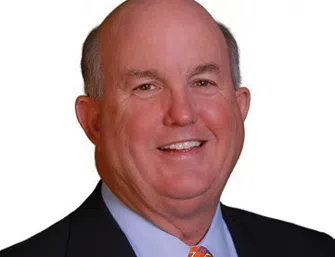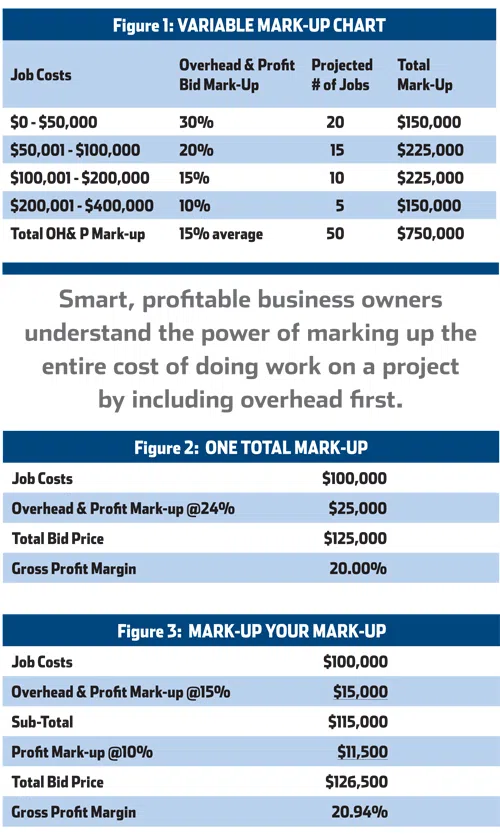Whatever your decision regarding incentive compensation, the results will vary based on how your program is designed, implemented and managed
HVACR business owners seem to be looking for the magic bullet that will motivate their people to work harder and produce more. Some hope providing a financial incentive will improve their bottom-line. Others hope more money will make people work harder or faster. And other business owners feel they should give away some of their profit to earn employee loyalty and respect.
Whatever your decision regarding incentive compensation, the results will vary based on how your program is designed, implemented and managed.
Incentive compensation, profit sharing or bonuses can be broken down into two types: earned or arbitrary. Earned incentive compensation is based on a specific formula that rewards for actual results based on tasks, accomplishments or milestones you want to measure. Arbitrary compensation bonuses are based on what the boss feels is the right amount to pay for good work, reward for a positive attitude or a "thank-you" for a job well done. It's often based on what the boss thinks is expected to keep employees happy.
Which Type Works Best?
Arbitrary compensation does NOT encourage employees to do their jobs faster or better. Often, it is expected as a part of the overall employee compensation package because other companies do it or employees feel entitled to something at year's end.
Arbitrary extra pay is no more than a gift of generosity from the employer as it is not earned or required. It's a nice gesture and will keep some employees from looking for jobs elsewhere until after they get their year-end bonus. These types of bonuses won't make your company any additional bottom-line profit.
Extra compensation based on earned and tracked measurable results will produce positive bottom-line results. If employees know what's expected and are compensated for hitting their targets, they'll hit them. For example, sales people who get paid on a sliding scale for increasing profit margins typically sell higher price contracts than those with the same commission percentage regardless of the estimated margins.
Technicians who are paid by the piece of work they install usually work faster than hourly workers who don't have clear goals or production targets. And project managers who get a percentage of the profit on jobs they manage, generally try harder to save more money and negotiate harder with subcontractors and suppliers.
Motivation Without Measurement
When employees don't know the exact results expected, and don't have a reason to achieve them, wonder why they'd want to go the extra mile. When the boss sets clear milestones for managers and employees to hit, the company will make more money.
For example, if you want an eight-month project finished in seven months, a generous bonus for the crew or superintendent will keep the team focused on achieving the goal and motivate them to hit the early completion target. Without a financial incentive, the target is a nice idea, but of no benefit to the crew to work hard to finish early.
Our workers compensation insurance rating suffered due to field employee claims for jobsite injuries. We implemented a 'Safety Bucks' program to motivate the crews to work closely together and watch out for unsafe workers or conditions. Each worker received $1 per day if the entire crew had no accidents. If anyone on the crew had an accident, no one received the Safety Bucks for the entire project. We paid this cash bonus out quarterly.
This measurable incentive system instantly focused everyone on all of our field crews to make safety a priority and ensure there were no unsafe conditions on the jobsites. This program kept everyone focused on the target.
Examples of measurable clear targets can include:
- Total man-hours to complete a job
- Hours without an accident
- Project milestones completed by a date certain
- Customer referrals
- Project punch-list or close-out completion
- Improving your bid-hit ratio
- Customer satisfaction
- Project profit
- Project completion and sign-off by customer
- Change order profit
- Estimating accuracy
- New customers signed-up
- Average job size increase
Bonuses and incentives without targets are like playing football without end zones or scoreboards. By setting the exact results you want your employees to achieve and measuring results, you can design an incentive compensation program that will reap rewards. And making the most money you can is fun if you make it a measurable priority.
Too often managers get so busy they don't have time to do the little things like setting and tracking productivity to boost their bottom-line.
George Hedley, a construction business owner and nationally recognized professional business speaker, is the founder of HARDHAT Presentations. His book "Get Your Business to Work!" is currently available at his online bookstore at www.hardhatpresentations.com. Contact George at gh@hardhatpresentations.com or call 800-851-8553.



